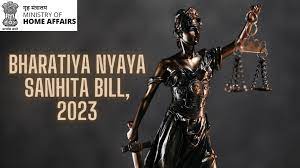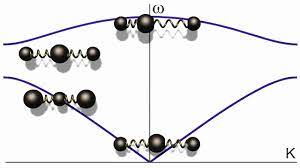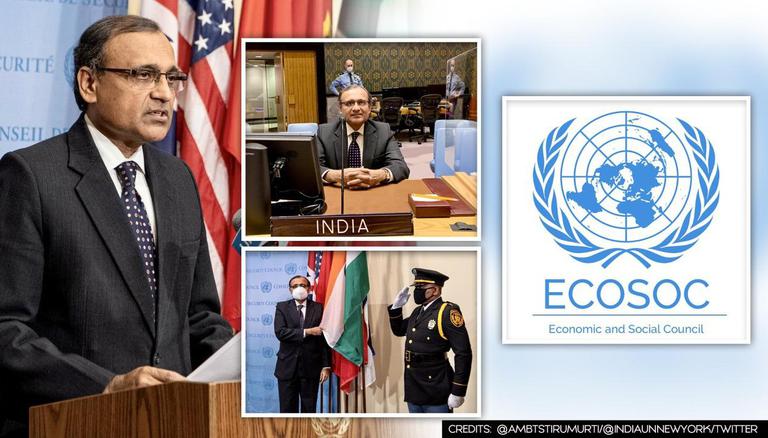Why in News
The Parliament Standing Committee on Home Affairs has suggested that the proposed Bharatiya Nyaya Sanhita Bill, 2023 be amended to make adultery a criminal offence again— but on gender-neutral terms.
Important Points Adultery:
• Adultery can be defined as “An intended sexual contact between two people of opposite gender who are not married to each other under law”. In other words Adultery is a physical relationship between a married man and a woman who is not his wife or between a married woman and a man who is not her spouse.
• Adultery is also known as infidelity, philandery, extramarital affair or physical betrayal in marriage. Adultery is different from rape in the sense that adultery is voluntary while rape is not. The consent of both the individuals for a physical relationship is a must for adultery to exist.
What is the Law of Adultery?
• Adultery law in India is defined by the Indian Penal Code Section 497.
• IPC Section 497 states, "Whoever has sexual intercourse with a person who is and whom he knows or has reason to believe to be the wife of another man, without the consent or connivance of that man, such sexual intercourse not amounting to the offence of rape, is guilty of the offence of adultery."
• A man found guilty of adultery "shall be punished with imprisonment of either description for a term which may extend to five years, or with fine, or with both."
• In cases of adultery, the wife shall not be punishable as an abettor. Similarly, an unmarried woman cannot be prosecuted for adultery. The offence of adultery is, according to Section 497, committed by a man against a married man.
• In the event of a man committing adultery by means of sexual intercourse with a married woman or an unmarried woman, this law does not confer any right on the man's wife prosecute the adulterous husband or the woman with whom the husband has indulged in sexual intercourse with.
• The adultery law has been criticised for treating women as property owned by men. Only a man can be a victim or accused/culprit under the existing reading of Section 497 of the IPC.
• The Marriage Laws (Amendment) Act makes an act of adultery valid ground for divorce. Either spouse can seek divorce on the ground of adultery. It states that even a single act of voluntary sexual act by either party to the marriage with any person other than his or her spouse constitutes a ground for divorce for the other spouse.
Supreme Court declaring Adultery Not a Crime
• A five-judge Constitution Bench of the Supreme Court in its judgment Joseph Shine v. Union of India (2018), held that adultery is not a crime and struck it off the IPC.
• It, however, clarified that adultery would continue to remain a civil wrong and a valid ground for divorce.
According to the judgements
• Adultery is not a crime if the cuckolded husband connives or consents to his wife’s extra-marital affair, thereby treating a married woman as her husband’s ‘chattel’.
• Underscoring that adultery is “absolutely a matter of privacy at its pinnacle,”
• If it is treated as a crime, there would be immense intrusion into the extreme privacy of the matrimonial sphere. It is better to be left as a ground for divorce.
• Section 497 made a husband the ‘licensor’ of his wife’s sexual choices and that this archaic law does not square with today’s constitutional morality. The offence perpetuates the gender stereotype that the ‘third-party male’ has seduced the woman, and she is his victim.
• The criminalisation of adultery subjugated the woman to a position where the law disregarded her sexuality. He reasoned, “Marriage does not mean ceding the autonomy of one to the other.
• The ability to make sexual choices is essential to human liberty. Even within private zones, an individual should be allowed her choice.”
-------------------------------------






.jpg)
.jpg)
.jpg)




.jpg)
